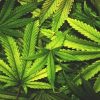 By:
Edit 25
By:
Edit 25
CBD creams have become a go-to option for people dealing with muscle soreness, joint pain, or skin inflammation. But if you’re subject to routine drug testing for work or sports, a natural question might come up: does CBD cream show in a drug test?
Unlike CBD oils or edibles, topical creams are applied externally and are not meant to enter the bloodstream. Still, many users are cautious—especially when products are labeled “full-spectrum,” meaning they may contain trace amounts of THC.
In this article, we’ll break down how drug tests work, what ingredients are in CBD topicals, and whether using them could put your test results at risk. If you’re worried about testing positive after using a cream, read on—we’ve got you covered.
To answer the question does CBD cream show in a drug test, it helps to first understand how drug testing works and what it’s designed to detect.
Most standard drug tests—especially urine tests—do not screen for CBD at all. Instead, they’re looking for THC, the psychoactive compound in cannabis, or more specifically, its main metabolite: THC-COOH. This is what stays in your system after the high wears off and shows up in tests.
Common types of drug tests include:
So while CBD itself is not the target, THC content in any product you use—including creams—could theoretically raise flags if enough gets into your body. That’s why understanding what’s in your topical is so important.
To understand whether CBD cream shows up in a drug test, you need to know what’s actually in the product you’re using. Not all CBD is created equal, and the type of extract in your cream can make a difference.
There are three main types of CBD formulations:
Most reputable CBD creams are designed for localized relief—meaning they interact with cannabinoid receptors in the skin but do not penetrate deep enough to reach the bloodstream. However, if you’re using a full-spectrum topical in large quantities or on broken skin, there’s a tiny theoretical chance of systemic absorption.
That’s why product labeling and quality matter. A third-party tested, THC-free cream is your best bet if you’re concerned about drug testing.

One of the biggest concerns behind the question does CBD cream show in a drug test is whether the CBD—or trace THC—in a topical product can actually reach your bloodstream. In most cases, the answer is no.
Topical CBD products like creams, balms, and lotions are designed to interact with CB1 and CB2 receptors in the skin. They provide relief locally without being absorbed into the circulatory system. This means they typically won’t reach the liver, where substances are metabolized into forms that drug tests can detect.
However, there’s a key distinction to make: transdermal patches are not the same as creams. Transdermal products are specifically formulated to penetrate through the skin barrier and deliver cannabinoids into the bloodstream, much like a nicotine or hormone patch.
So while your standard CBD cream should stay on the surface, a transdermal patch containing full-spectrum extract could, in theory, put you at minimal risk for triggering a positive test—especially if it contains THC.
Here’s the bottom line: does CBD cream show in a drug test? For most people, the answer is a confident no.
CBD itself is not something drug tests look for. And because most topical products aren’t absorbed into the bloodstream, they won’t lead to a positive result—even if they contain small traces of THC.
However, there are exceptions. You could, in theory, test positive if:
These scenarios are rare—but not impossible. If your job or legal status depends on passing a drug test, it’s smart to read product labels carefully and choose your topicals wisely.
If you’re in a job or situation where drug testing is part of the equation, and you’re wondering does CBD cream show in a drug test, the good news is that you can still use topical CBD—just take a few smart precautions:
Look for creams labeled as broad-spectrum or CBD isolate. These formulas have no detectable THC, significantly reducing any risk of test interference.
Only buy from companies that offer Certificates of Analysis (COAs) from independent labs. These reports confirm cannabinoid content and screen for THC, contaminants, and purity.
If your goal is localized relief with no systemic effects, avoid transdermal patches. These are designed to enter the bloodstream and could carry more risk if they contain THC.
Even with a safe product, slathering on an entire jar every day isn’t ideal. Stick to the manufacturer’s instructions and apply moderate amounts only where needed.
When used properly, CBD creams are a safe, effective way to get relief without showing up on a drug test.
Although it’s unlikely, if you’re using a CBD cream and still test positive for THC, don’t panic. There are steps you can take to protect yourself and clarify the situation.
Initial screenings (like immunoassays) can occasionally produce false positives. Ask for a confirmation test, such as a GC-MS (Gas Chromatography-Mass Spectrometry), which is more accurate and can distinguish THC from other compounds.
Keep receipts, labels, and third-party lab reports from any CBD product you’ve used. This shows you made a good faith effort to stay compliant and may help explain your case.
If CBD is legal in your area and you’re using a topical product, calmly explain your situation. Many employers are becoming more aware of the nuances around cannabis and drug testing.
Depending on your region, you may have legal protections when using hemp-derived CBD. Some states offer employment safeguards for legal cannabis and CBD use—especially with a medical recommendation.
Again, while the chances are low, it’s always smart to be informed and prepared—especially if you’re asking, does CBD cream show in a drug test, for a reason.
So, does CBD cream show in a drug test? In almost all cases, the answer is no. Because topical CBD products are designed to stay on the surface of the skin and don’t enter the bloodstream, they’re extremely unlikely to affect drug test results.
That said, not all products are created equal. Full-spectrum creams may contain trace THC, and mislabeled or contaminated products can carry more risk. If you’re in a position where drug testing matters, it’s smart to choose THC-free topicals, check lab reports, and avoid transdermal patches.
Used correctly, CBD cream offers a low-risk, high-reward option for managing pain or inflammation—without showing up on a test. Knowledge is power, so read the labels, use trusted brands, and apply with confidence.
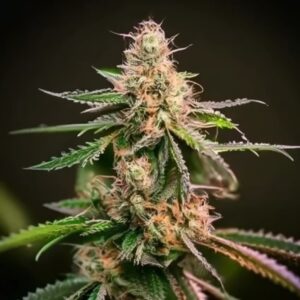

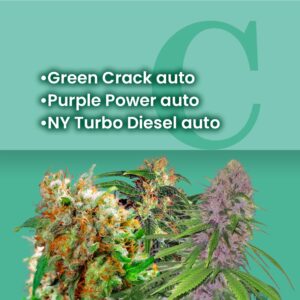
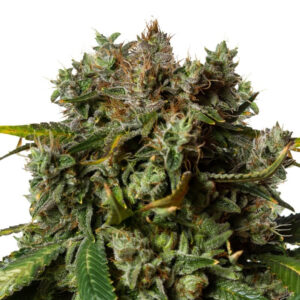

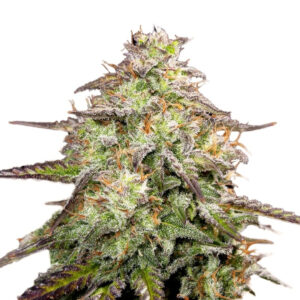
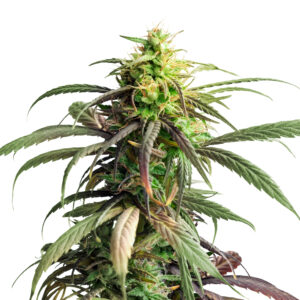






Related Posts

Does weed make you skinny? We explore what science says about cannabis, metabolism, appetite, and how certain strains may support weight control.
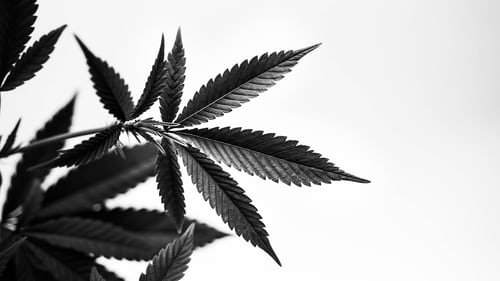
Marijuana lovers! Gather round, let’s talk about the leaves of your legendary pot. It sounds unusual, but there are many things you probably don’t know about the marijuana plant. You might have a million acres of carefully tendered marijuana and still miss out on the fun of knowing your leaves.
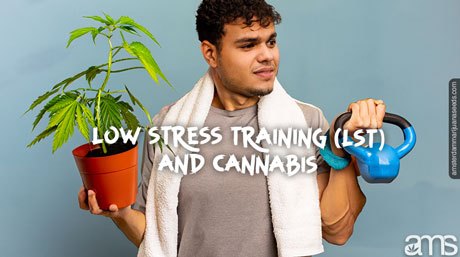
Low Stress Training refers to a way of growing cannabis plants. By making use of this method of cultivation, the lower shots get more light. This allows your marijuana plant to grow more and yield without having to change your setup.